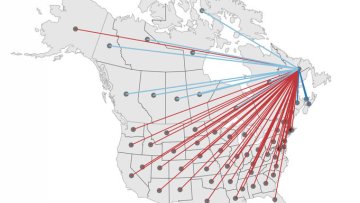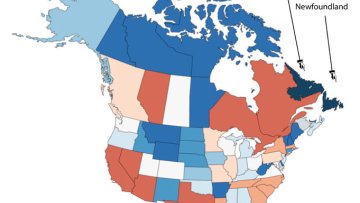FFTA: Hierarchical community structure in networks
Abstract
Modular and hierarchical structures are pervasive in real-world complex systems. A great deal of effort has gone into trying to detect and study these structures. Important theoretical advances in the detection of modular, or "community", structures have included identifying fundamental limits of detectability by formally defining community structure using probabilistic generative models. Detecting hierarchical community structure introduces additional challenges alongside those inherited from community detection. Here we present a theoretical study on hierarchical community structure in networks, which has thus far not received the same rigorous attention. We address the following questions: 1) How should we define a valid hierarchy of communities? 2) How should we determine if a hierarchical structure exists in a network? and 3) how can we detect hierarchical structure efficiently? We approach these questions by introducing a definition of hierarchy based on the concept of stochastic externally equitable partitions and their relation to probabilistic models, such as the popular stochastic block model. We enumerate the challenges involved in detecting hierarchies and, by studying the spectral properties of hierarchical structure, present an efficient and principled method for detecting them.
https://arxiv.org/abs/2009.07196 (15 sept.)



